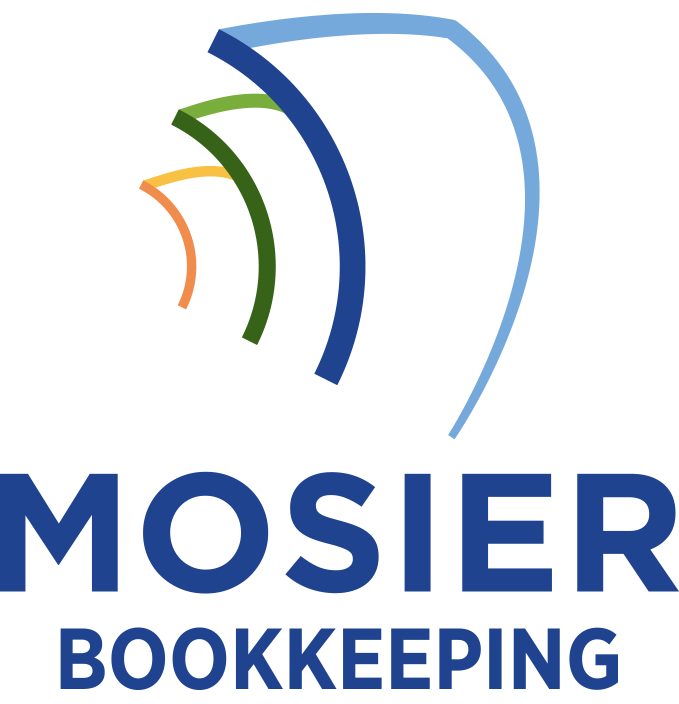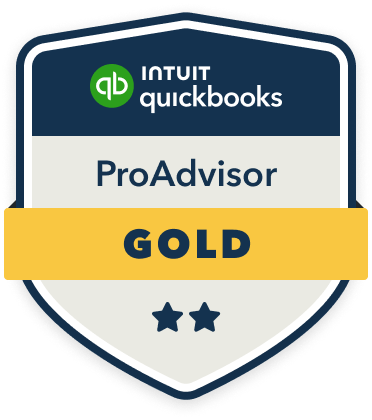Non-profit bookkeeping requires a specialized approach focused on fund accounting and donor accountability. I’ll emphasize that you’ll need to establish separate accounts for restricted and unrestricted funds, track in-kind donations, and maintain detailed grant expense records. You must implement precise cost allocation methods, document volunteer contributions, and verify tax compliance through proper Form 990 filings. Understanding these core elements will position your organization for effective financial stewardship and transparency to stakeholders.
Understanding Non-Profit Chart of Accounts and Fund Accounting

Unlike for-profit businesses that focus primarily on revenue and profit tracking, non-profit organizations require a specialized chart of accounts that reflects their unique financial structure and mission-driven operations.
I’ll help you master fund accounting, which separates resources into distinct funds based on donor restrictions and purpose. You’ll need to establish specific account categories: unrestricted, temporarily restricted, and permanently restricted funds. Your chart of accounts must track various revenue streams, including grants, donations, and program fees, while monitoring expenses across different programs and administrative functions.
This structure enables you to maintain precise accountability and demonstrate stewardship to stakeholders, donors, and regulatory bodies.
Managing Restricted and Unrestricted Donations
A fundamental responsibility in non-profit bookkeeping is properly tracking and managing restricted and unrestricted donations. I’ll show you how to maintain clear separation between these funds in your accounting system. For restricted donations, I create dedicated accounts that track both the original gift and any related expenses, ensuring compliance with donor stipulations.
I establish internal controls to prevent restricted funds from being used inappropriately. When recording unrestricted donations, I maintain detailed documentation of their sources while keeping them separate from restricted funds. This system lets me generate accurate reports that demonstrate your organization’s adherence to donor intent and financial transparency.
Recording In-Kind Contributions and Volunteer Time

When managing in-kind donations and volunteer services, I maintain detailed records that capture their fair market value and impact on your organization’s financial statements. I record all donated goods at their current market value, documenting the item’s description, condition, and comparable retail pricing.
For volunteer services, I only record professional services that would’ve been purchased if not donated. These include legal counsel, accounting, or specialized consulting. I’ll enter these contributions as both revenue and expense entries, ensuring your financial statements reflect their true economic value while maintaining GAAP compliance and enhancing your non-profit’s demonstrated community impact.
Tracking Grant Expenses and Program-Related Costs
Three essential components drive effective grant expense tracking: segregated fund accounting, detailed cost allocation methods, and exhaustive documentation systems. I’ll show you how to master these elements to maintain impeccable grant compliance and maximize your program impact.
- Control your organization’s financial destiny by implementing separate ledger accounts for each grant
- Dominate your audit preparations through precise cost allocation methodologies that align with funders’ requirements
- Transform your documentation process with systematic expense coding that captures every program-related transaction
I recommend establishing clear protocols for tracking direct costs, shared expenses, and administrative overhead. This empowers you to generate accurate reports that demonstrate responsible stewardship and strengthen donor relationships.
Essential Financial Reports and Tax Compliance Requirements

Building on proper grant tracking practices, non-profit organizations must maintain specific financial reports and meet strict tax compliance requirements. I’ll help you navigate the essential reports you need: Statement of Financial Position, Statement of Activities, Statement of Cash Flows, and Form 990.
Your Statement of Financial Position shows assets, liabilities, and net assets, while your Statement of Activities tracks revenue and expenses. I recommend preparing monthly cash flow statements to monitor liquidity. You’ll need to file Form 990 annually with the IRS to maintain tax-exempt status. I emphasize keeping detailed records of all transactions to support these reports.









